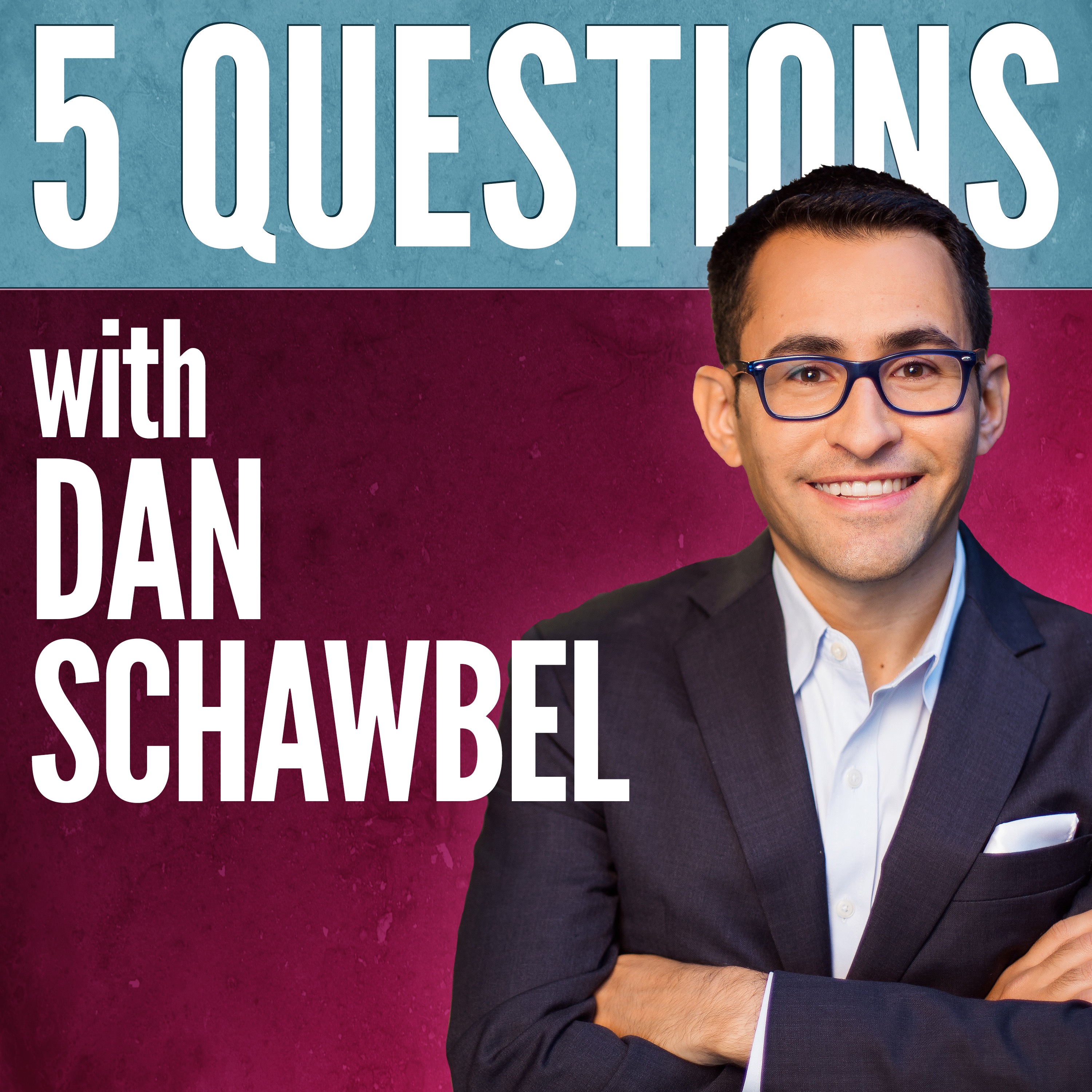 An interview with Steve Gorman about how he was able to handle the highs and lows of being in a band, what the most important qualities of a teammate are, what he would have done differently, what he learned as an artist and his best career advice.
An interview with Steve Gorman about how he was able to handle the highs and lows of being in a band, what the most important qualities of a teammate are, what he would have done differently, what he learned as an artist and his best career advice.
Welcome to the 70th episode of 5 Questions with Dan Schawbel. As your host, my goal is to curate the best advice from the world’s smartest and most interesting people by asking them just 5 questions.
Podcast: Play in new window | Download (Duration: 7:39 — 8.7MB) | Embed
Subscribe: Apple Podcasts | Spotify | Email | TuneIn | RSS | https://danschawbel.com/subscribe
This episodes guest:
My guest today is the founding member of the Black Crowes, Steve Gorman. Born in Muskegon, Michigan, Steve joined his elementary school’s band playing the drums. At age 10, he moved to Kentucky, aspiring to be a guitarist. Then in college, he was a broadcasting major, while playing drums with several bands. In 1986, he formed the band Lack of Interest with his friends to record their first demo tape. A year later, he started playing with the Black Crowes for their first 9 albums, then eventually rejoined in 2005. More recently, Gorman founded the band Trigger Hippy and authored the book, “Hard to Handle”, which is named after the Black Crowes hit song. I caught up with Steve to learn more about how he was able to navigate a multi-decade career in such a celebrated band and what he’s learned along the way.
The 5 questions I ask in this episode:
- You’ve been part of The Black Crowes for over two decades, witnessing the success, struggle, and breakup first hand. How were you able to mentally and emotionally handle the highs and lows?
- You say you’re a team-oriented guy. What do you believe are the most important qualities of a teammate, or in your case a band member, and which are the ones to avoid and why?
- If you were to start another band right now, what would you differently base on what you’ve experienced and why?
- What is the most important business advice you’ve learned as an artist that you wish you knew when you first started?
- What is your best piece of career advice?
Follow Steve’s journey:
Leave a Reply